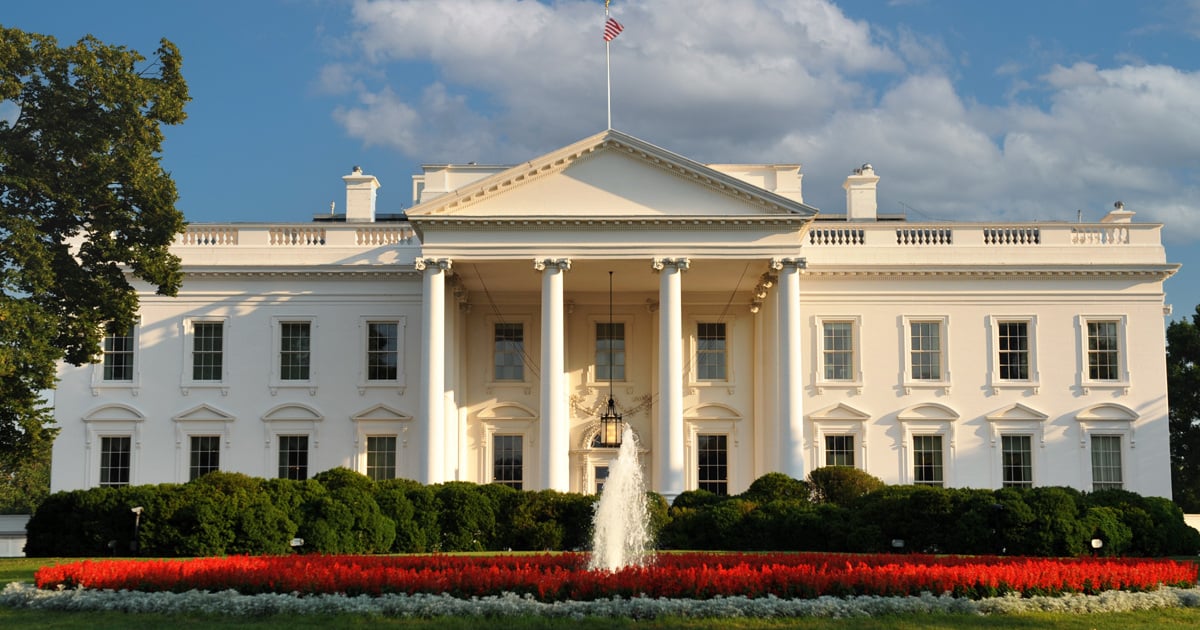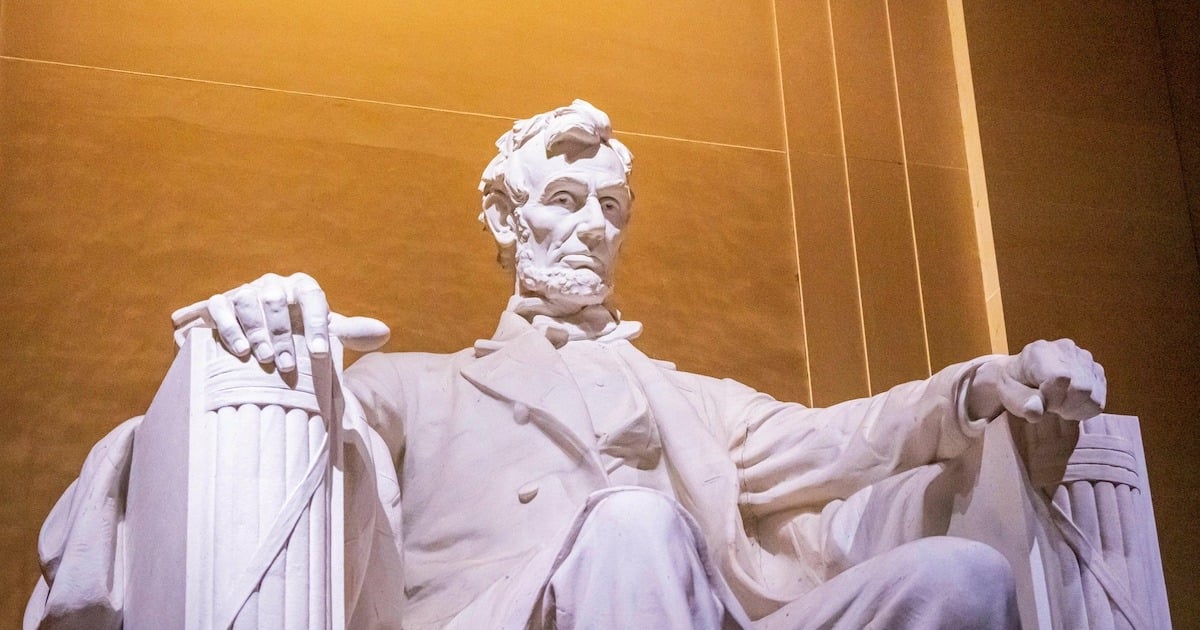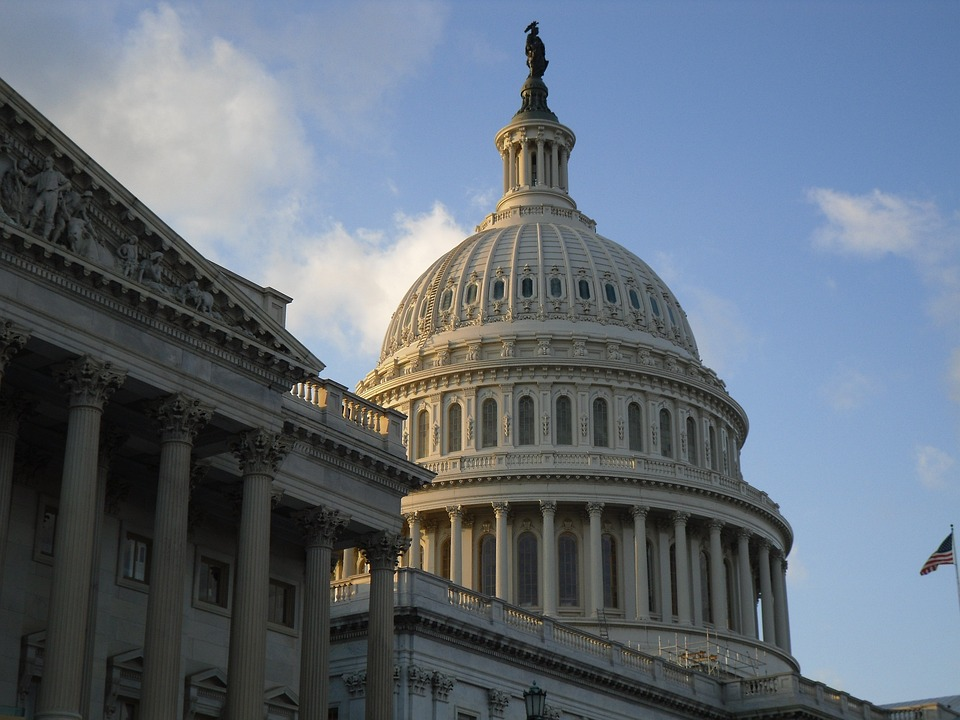
Current circumstances compel examination of the power of a President of the United States to nominate appointees and to fill vacancies that may happen during the recess of the Senate. The first context for analysis requires a look at two constitutional provisions regarding the President’s appointment power:
Article II, Section 2,Clause 2, provides that: “. . . he shall nominate, and by and with the consent of the Senate, shall appoint Ambassadors, other public Ministers and Consuls, Judges of the supreme Court, and all other Officers of the United States, whose Appointments are not otherwise herein provided for, and which shall be established by Law . . .”[1]
Article II, Section 2, Clause 3 provides that: “The President shall have the Power to fill up all Vacancies that may happen during the Recess of the Senate, by granting Commissions which shall expire at the End of their next Session.”[2]
The difference between the two clauses is Senate approval, which is required for all appointments except those made as recess appointments under the third clause. Under the second clause, the President nominates, the Senate approves, but under the third clause the President appoints, while the Senate has no role. In the context of filling vacancies in the Senate, The Federalist asserted that the two clauses in Article II, Section 2, should be read together (and that positions established by the Constitution, like Senators, are filled by officers whose appointments are provided for by law.)[3]
Alexander Hamilton (writing as Publius) said this about Senate approval:
“To what purpose then require the cooperation of the Senate? I answer, that the necessity of their concurrence would have a powerful, though, in general, a silent operation. It would be an excellent check upon a spirit of favoritism in the President, and would tend greatly to prevent the appointment of unfit characters from State prejudice, from family connection, from personal attachment, or from a view to popularity. In addition to this, it would be an efficacious source of stability in the administration.”[4]
Hamilton added an affirmation of the value of Senate participation:
“It will readily be comprehended, that a man who had himself the sole disposition of offices, would be governed much more by his private inclinations and interests, than when he was bound to submit the propriety of his choice to the discussion and determination of a different and independent body, and that body an entire branch of the legislature. The possibility of rejection would be a strong motive to care in proposing. The danger to his own reputation, and, in the case of an elective magistrate, to his political existence, from betraying a spirit of favoritism, or an unbecoming pursuit of popularity, to the observation of a body whose opinion would have great weight in forming that of the public, could not fail to operate as a barrier to the one and to the other. He would be both ashamed and afraid to bring forward, for the most distinguished or lucrative stations, candidates who had no other merit than that of coming from the same State to which he particularly belonged, or of being in some way or other personally allied to him, or of possessing the necessary insignificance and pliancy to render them the obsequious instruments of his pleasure.”[5]
Foreshadowing today’s situation, Hamilton placed his faith in the people:
“To this reasoning it has been objected that the President, by the influence of the power of nomination, may secure the complaisance of the Senate to his views. This supposition of universal venality in human nature is little less than an error in political reasoning, than the supposition of universal rectitude. The institution of delegated power implies, that there is a portion of virtue and honor among mankind, which may be a reasonable foundation of confidence; and experience justifies the theory. It has been found to exist in the most corrupt periods of the most corrupt governments. . . .”[6]
Hamilton added this statement, which applies to the issues raised by recess appointments:
“ . . . It cannot admit of a doubt that the entire power of appointment would enable him [the President] much more effectually to establish a dangerous empire over that body [the Senate], than a mere power of nomination subject to their control.[7]
A second context for analysis is that in evaluating the use of the recess appointment provision, we should recognize that the President and the Senate are guided by oaths[8] of office.
The President is governed by the final clause of Article II, Section 1, which provides that “Before he enter on the Execution of his Office, he shall take the following Oath or Affirmation:--I do solemnly swear (or affirm) that I will faithfully execute the Office of President of the United States, and will do to the best of my Ability, preserve, protect, and defend the Constitution of the United States.”
Senators are bound by the final clause of Article VI: “The Senators and Representatives before mentioned, and members of the State Legislatures, and all executive and judicial Officers, both of the United States, and of the several States, shall be bound by Oath or Affirmation to support this Constitution . . . .”[9]
A third context for analysis is provided by the doctrine of separation of powers, discussed by Madison (as Publius), in which he offered: “[i]n republican government, the legislative authority necessarily predominates.”[10]
Publius also made three observations:
(1) “The accumulation of all powers, legislative, executive, and judicial, in the same hands, whether of one, a few, or many, and whether hereditary, self-appointed, or elective, may justly be pronounced the very definition of tyranny.”[11]
(2) “Where the whole power of one department is exercised by the same hands which possess the whole power of another department, the fundamental principles of a free constitution are subverted.”[12]
(3) “The conclusion which I am warranted in drawing from these observations is, that a mere demarcation on parchment of the constitutional limits of the several departments, is not a sufficient guard against those encroachments which lead to a tyrannical concentration of all the powers of government in the same hands.”[13]
A fourth context is the meaning of the words used in the Constitution. Founding Father Noah Webster began his lexicographic career just after the Constitution was ratified. These are his definitions regarding the words used in Article II, Section 2, Clause 3:[14]
VACANCY, noun, 3. The state of being destitute of an incumbent; want of the regular officer to officiate in a place.
HAPPEN, v.i. To come by chance; to come without one’s previous expectation; to fall out
DURING, participle of the present tense of dure. Continuing; lasting; holding on; as during life, that is, life continuing; during our earthly pilgrimage; during the space of a year; during this or that.
RECESS, noun, Remission or suspension of business or procedure; as, the house of representatives had a recess of half an hour.[15]
While these four contexts led me to form a conclusion about the use of recess appointments to avoid Senate review of candidates nominated for federal office, I am content to leave conclusions to the readers. In addition to the text of the Constitution, I list below the sources I used to inform my own conclusion. These sources provide a comprehensive look at the Constitution and its interpretation.
About the Author: Don LeDuc is the retired president and dean of Cooley Law School. His book, Michigan Administrative Law, is revised and published annually by the West Group. He is a member of Scribes, the American Society of Writers on Legal Subjects, and received the Golden Pen Award from the Legal Writing Institute. This article is part of a multi-part series discussing the meaning of the U.S. Constitution's words.
Sources
Debate on the Constitution, Volumes One and Two
The Federalist Papers
Senate, Nos. 62-67
President, Nos. 76-77
Separation of Powers, Nos. 47-48, 51
The Founders’ Constitution, Volume Four
Webster’s 1828 American Dictionary of the English Language.
[1] This power is limited, however, because under Clause 2 “ . . . the Congress may by Law vest the Appointment of such inferior Officers, as they think proper, in the President alone, in the Courts of Law, or in the Heads of Departments.”
[2] Article I, Section 5, Clause 3, requires that Congress must meet at least once per year.
[3] Federalist, Number 67.
[4] Federalist, Number 76.
[5] Ibid.
[6] Ibid.
[7] Federalist, Number 77.
[8] At the time, the noun “oath” was defined as “[a] solemn affirmation or declaration, made with an appeal to God for the truth of what is affirmed. The appeal to God in an oath implies that the person imprecates his vengeance and renounces his favor if the declaration is false, or if the declaration is a promise, the person invokes the vengeance of God if he should fail to fulfill it. A false oath is called perjury.” Webster’s 1828 American Dictionary of the English Language.
[9] See note 8.
[10] Federalist, Number 51.
[11] Federalist, Number 47.
[12] Ibid.
[13] Federalist, Number 48
[14] Webster’s 1828 American Dictionary of the English Language. See also note 7 for the definition of “oath.”
[15] According to Article I, Section 5, Clause 4 “[n]either House, during the Session of Congress, shall, without the consent of the other, adjourn for more than three days, nor to any other Place than that in which the two Houses shall be sitting.”


